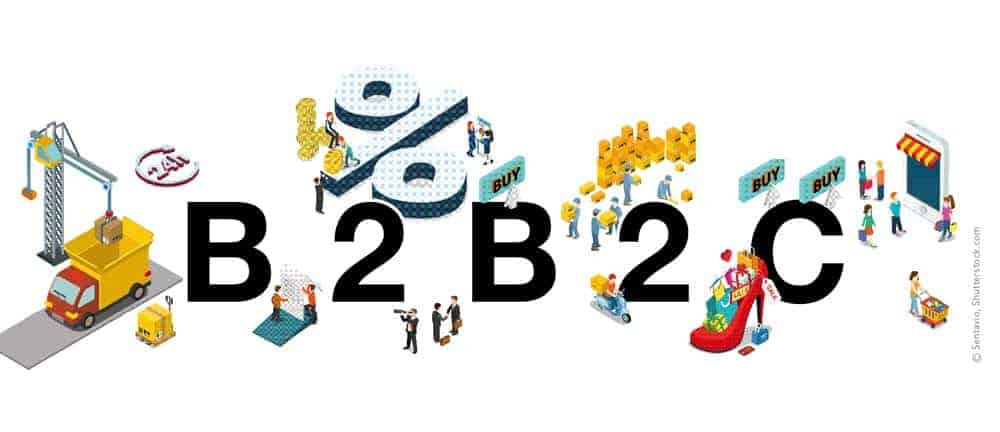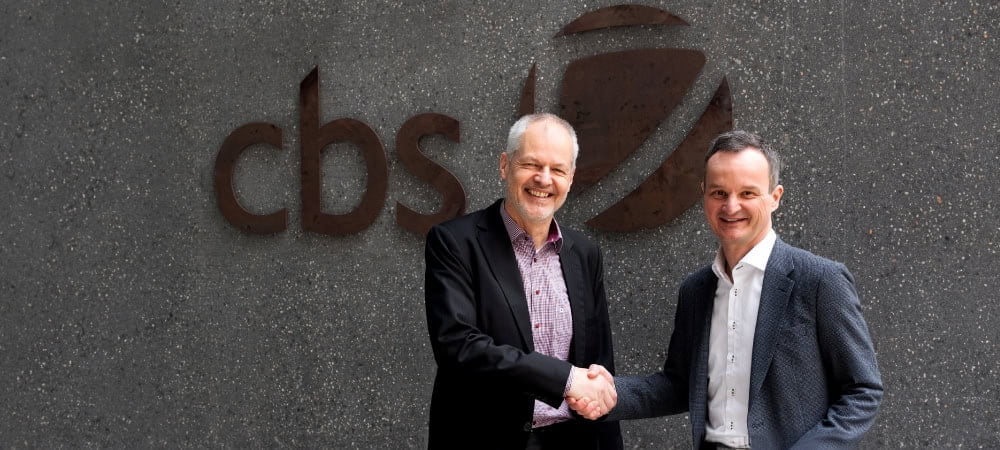Corona: The destruction of brick-and-mortar retail?


Until the beginning of the new millennium, shopping was done almost exclusively at stationary POS, supplemented by a few orders via print catalogs. Since then, more and more digital channels have been added, through which more and more sales are being realized.
As a result of the Corona crisis, e-commerce shopping has once again gained considerable momentum and expanded into segments that were previously still fairly analog. This is especially true for food retailing. No wonder - after all, digital shopping offers advantages that even the many "hoarder shoppers" have (inevitably) learned to appreciate:
There is no need to wait in front of the store, masks and minimum distances do not matter, and infection is almost impossible. The desire for greater hygiene has also raised awareness of other issues that tend to have a hard time in Germany, such as cashless payment and payment at self-service checkouts.
For these reasons, retailers who already offered their products in an online store before the crisis have benefited enormously. All the more so if they have pragmatically dovetailed analog and digital aspects. In addition to the home delivery of the product ordered and paid for online, the various click & collect variants in particular have come into focus. Customers order products online and then pick them up themselves at a store.
Against this backdrop, one question suggests itself: Did the Corona crisis herald the destruction of brick-and-mortar retail? I wouldn't go that far. After all, analog stores with analog people offer specific advantages that cannot be realized digitally in the foreseeable future.
Above all, this includes personal contact, the haptic experience and the immediacy of time. However, customers have had experiences in recent weeks and months that they will certainly not want to miss in the future.
The shopping Pandora's box has been opened. In this respect, retailers who have not yet taken a step in the direction of e-commerce are under a lot of pressure to catch up as quickly as possible. If they don't, they at least face destruction.
Unthinking actionism is not advisable despite the fundamental change. Quite the opposite. It is first worth taking a look at the heart of the matter. People buy for rational and emotional reasons and in different ways. Sometimes they buy systematically and sometimes quite spontaneously.
In all of this, one thing is always the same. Customers expect a convincing shopping experience - or an outstanding customer experience, as it is called in marketing. In concrete terms, this means that customers want to shop as conveniently, quickly and inexpensively as possible, they want a wide selection and clear information, the service should be friendly, the advice competent. And they want this regardless of whether they are currently using analog or digital channels.
A multi- or omni-channel approach is a good idea for the vast majority of retailers because it allows them to optimally address the different requirements of their customers.
In a brick-and-mortar store, customers can experience the products directly, receive detailed advice on them, and take their purchase with them immediately - without shipping costs or delivery times. Online, there are no time or space restrictions, the product range is larger, and convenience is greater. Incidentally, the combination of analog and digital goes both ways: Retailers who were originally exclusively stationary are now also offering online stores.
In this respect, retailers can use the Corona crisis as an opportunity in two ways: Firstly, to modernize the business model and services technologically. And secondly, to really focus on the interests of the customer and not go too far in terms of sales psychology measures.





